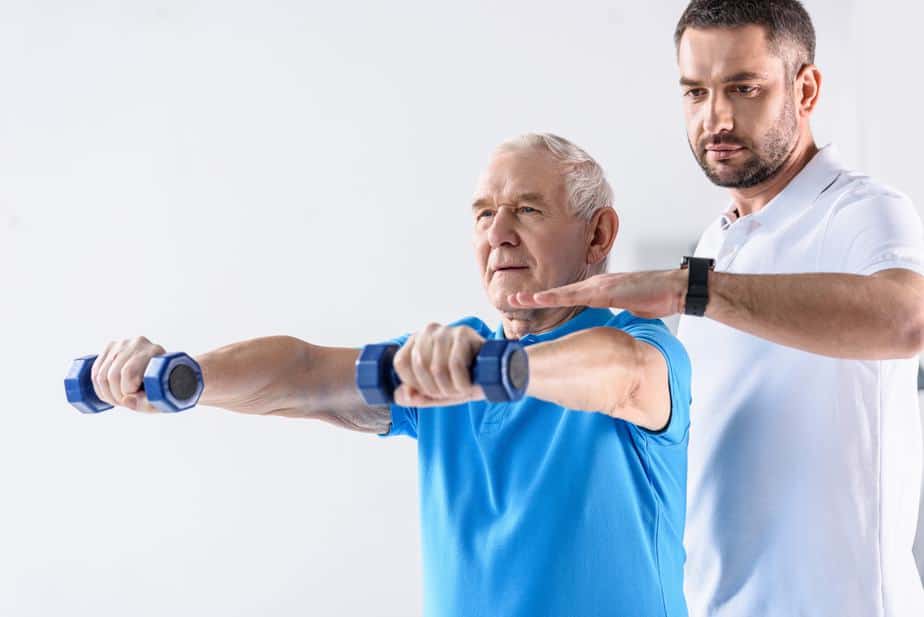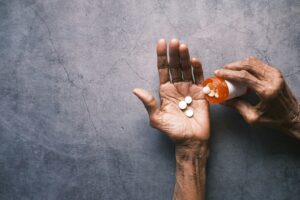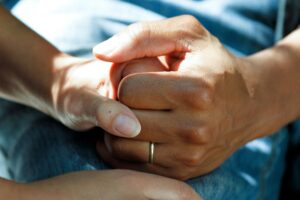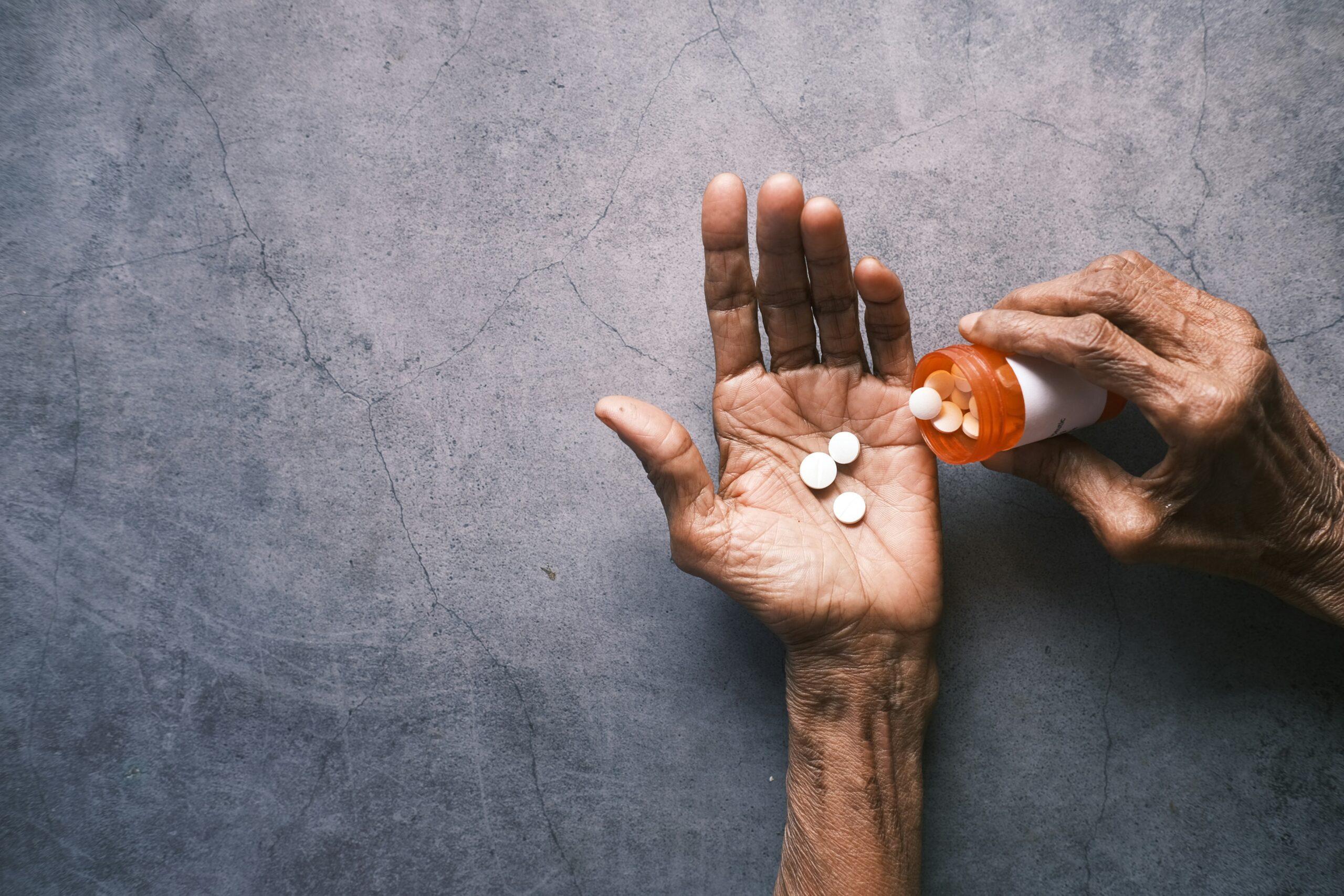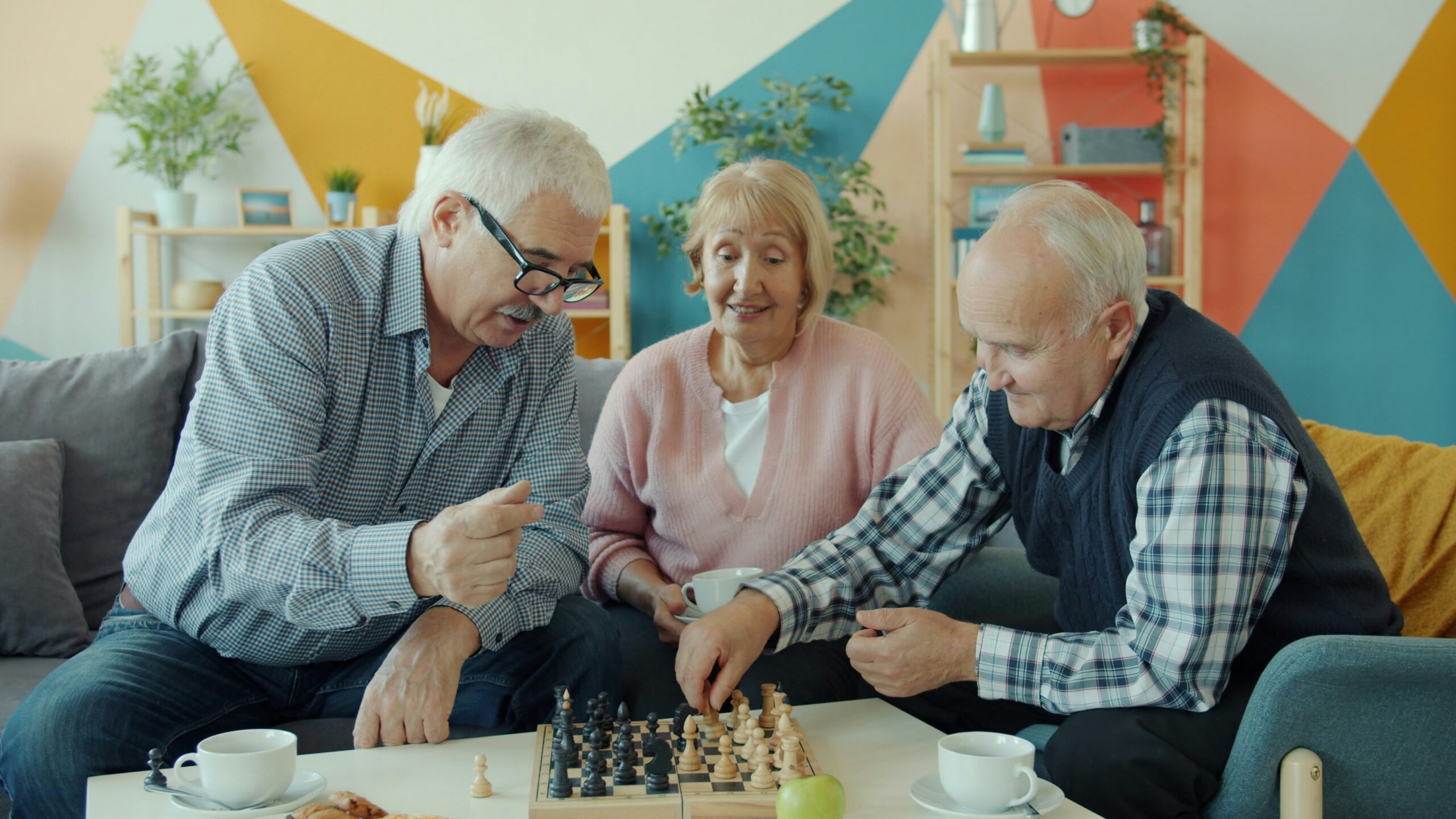Proper hydration is a cornerstone of maintaining good health, particularly as people age. Adequate fluid intake is crucial for the body’s overall function, impacting everything from cellular processes to organ performance. For older adults, hydration becomes even more critical as the body’s natural ability to retain water declines with age. Ensuring hydration for elderly is crucial to maintaining vitality, energy levels, and optimal physical and cognitive performance
The Link Between Hydration and Immune Function
Proper hydration is essential for maintaining a healthy immune system. Dehydration can weaken the body’s ability to fight infections, making older adults more susceptible to illness, including urinary tract infections, kidney stones, constipation, and even confusion or dizziness. Staying hydrated helps maintain proper cell function, ensuring that immune cells can perform their tasks effectively.
Ensuring hydration for elderly can strengthen their immune response, providing an additional layer of protection against common infections and illnesses that tend to be more severe in older adults.
Hydration and Cognitive Function
Hydration plays a vital role in maintaining cognitive function, particularly in older adults. The brain is highly sensitive to changes in hydration levels, and even mild dehydration can affect mood, memory, and concentration. Cognitive decline, which naturally occurs with aging, can be exacerbated by insufficient hydration.
Regular and adequate fluid intake helps to ensure proper brain function, reduce confusion, and improve mental clarity, contributing to a more energetic and mentally sharp state. Ensuring hydration for elderly has a direct impact on overall mental health and helps prevent symptoms of confusion or disorientation that are common with dehydration.
Hydration on Physical Health
For elderly people, physical health is closely linked to proper hydration. Water supports circulation, regulates body temperature, and helps flush toxins from the body. Dehydration can lead to weakness, fatigue, and muscle cramps, making it difficult to perform daily activities and maintain an active lifestyle.
In addition to supporting the body’s essential functions, hydration for elderly can help prevent chronic conditions like kidney disease, high blood pressure, and constipation.
Tips for Effective Hydration
Ensuring proper hydration is not always straightforward, especially since elderly people may not always feel thirsty or may struggle with fluid retention due to certain medical conditions. Here are some practical tips to promote effective hydration for elderly:
Offer a Variety of Fluids
While water is the best option for hydration, many seniors find it easier to consume other liquids such as herbal teas, flavored water, or smoothies. Including a variety of fluids throughout the day can encourage more frequent consumption.
Include Hydrating Foods in the Diet
Fruits and vegetables with high water content, such as cucumbers, watermelon, and oranges, can help support hydration. Adding these hydrating foods to meals not only promotes fluid intake but also provides essential vitamins and nutrients.
Monitor Fluid Output
Tracking how much fluid is consumed each day and monitoring urine output can help gauge whether the elderly person is staying adequately hydrated. If urine becomes dark or infrequent, it may be a sign that more fluids are needed.
Adjust Hydration During Weather
In warmer climates, seniors need to increase their fluid intake to compensate for the loss of water through perspiration. During the summer months, ensuring that seniors drink enough water becomes even more critical to prevent dehydration.
Hydration and Digestive Health
Hydration for elderly is also closely tied to digestive health. Insufficient fluid intake can lead to constipation, which is a common issue among older adults. Drinking enough water helps keep the digestive system functioning smoothly by softening stools and promoting regular bowel movements.
Incorporating hydration into daily routines can alleviate digestive issues, prevent constipation, and contribute to better overall health for elderly people.
Hydration and Skin Health
As the skin ages, it loses elasticity and becomes drier, making it more prone to wrinkles and irritation. Hydration helps maintain skin moisture levels and supports its elasticity. Regular fluid intake contributes to smoother, healthier-looking skin by keeping it hydrated from the inside out.
Maintaining a good hydration for elderly not only supports internal organ function but also promotes a youthful, radiant complexion.
A Commitment to Hydration
Effective hydration for elderly is crucial for maintaining energy, cognitive function, physical health, and overall vitality. At Casa de Retiro El Mirador, we understand the importance of personalized care, which is why we prioritize hydration as a key component of our approach to senior care. Our team works closely with each resident to ensure they receive the necessary fluids in a way that supports their specific health needs, helping them stay active, healthy, and engaged in daily life.
If you are seeking specialized memory care Mexico, consider Casa de Retiro El Mirador. Contact us today to learn more about how we can enhance your loved one’s health and quality of life through our comprehensive hydration programs.

